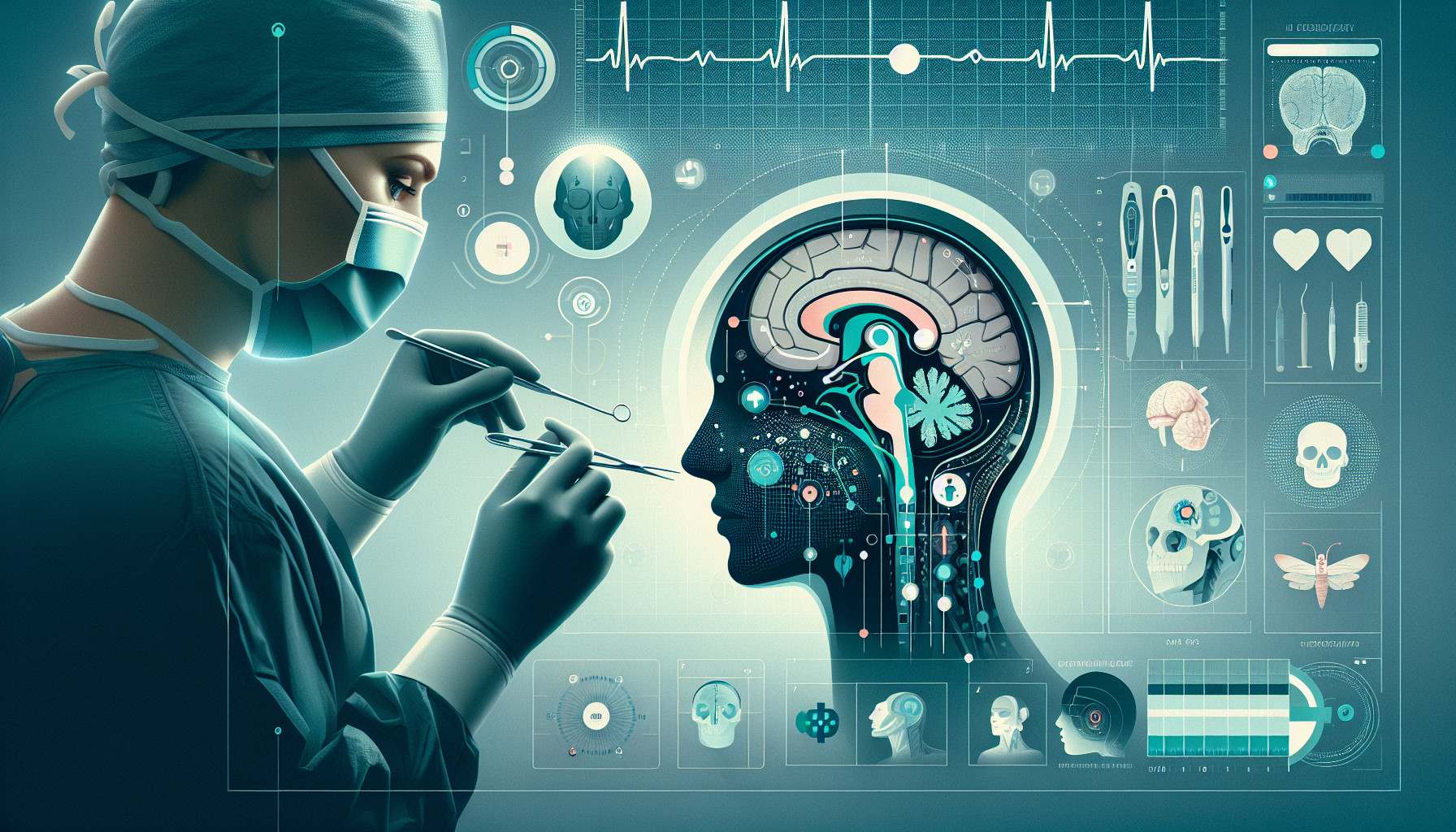Our Summary
This research paper discusses the potential of Resveratrol, a natural substance found in certain plants, for the treatment and prevention of various diseases. Specifically, the paper focuses on the substance’s potential to promote the growth of osteoblasts (cells responsible for bone formation) and hinder the differentiation of osteoclasts (cells that break down bone). This makes it a promising candidate for use in dental and maxillofacial (related to the jaw and face) surgery. The paper reviews experiments on the use of Resveratrol in bone tissue regeneration, including its use in combination with scaffolds (structures used to support the growth of new tissue) and non-transfusional hemocomponents (components of the blood that do not involve transfusion).
FAQs
- What is the potential use of Resveratrol in maxillofacial surgery according to the research paper?
- How does Resveratrol contribute to bone tissue regeneration?
- In what ways is Resveratrol used in combination with scaffolds and non-transfusional hemocomponents as per the article?
Doctor’s Tip
One helpful tip a doctor might tell a patient about maxillofacial surgery is to follow post-operative care instructions carefully to ensure proper healing and minimize the risk of complications. This may include avoiding certain foods that could irritate the surgical site, taking prescribed medications as directed, and attending follow-up appointments with your healthcare provider. It’s also important to communicate any concerns or changes in symptoms to your doctor promptly.
Suitable For
Patients who may benefit from maxillofacial surgery include those with:
Craniofacial anomalies: such as cleft lip and palate, craniosynostosis, and other birth defects affecting the structure of the face and skull.
Temporomandibular joint (TMJ) disorders: conditions affecting the jaw joint and surrounding muscles, which can cause pain, clicking or popping noises, and difficulty with jaw movement.
Facial trauma: injuries to the face and jaw resulting from accidents, falls, or other trauma.
Facial deformities: such as asymmetry, protrusion, or retrusion of the jaw or facial bones.
Dental abnormalities: such as impacted teeth, malocclusions (misalignments of the teeth and jaws), and other issues requiring surgical correction.
Tumors and cysts: benign or malignant growths in the jaw, face, or surrounding structures that require surgical removal.
Sleep apnea: a condition in which breathing pauses during sleep, often due to obstruction of the airway by soft tissues in the throat or mouth.
Maxillofacial surgery may be recommended to address these conditions and improve the function, appearance, and overall quality of life for patients. The use of substances like Resveratrol in combination with surgical techniques can help promote healing, reduce inflammation, and enhance bone regeneration in the maxillofacial region.
Timeline
- Before maxillofacial surgery:
- Patient consults with a maxillofacial surgeon to discuss their concerns and treatment options.
- Pre-operative evaluations, including imaging scans, blood tests, and dental examinations, are conducted to assess the patient’s condition.
- Patient meets with an anesthesiologist to discuss anesthesia options and potential risks.
- Patient receives pre-operative instructions, including fasting guidelines and medication adjustments.
- Surgery date is scheduled and patient prepares mentally and physically for the procedure.
- After maxillofacial surgery:
- Patient is monitored in the recovery room immediately after surgery to ensure they are stable.
- Pain medications and antibiotics are prescribed to manage discomfort and prevent infection.
- Patient may experience swelling, bruising, and difficulty eating or speaking in the days following surgery.
- Follow-up appointments are scheduled to monitor healing progress and remove any sutures or dressings.
- Patient may undergo physical therapy or speech therapy to regain function in the affected area.
- Long-term follow-up appointments are scheduled to monitor the success of the surgery and address any complications or concerns.
What to Ask Your Doctor
What specific procedure will be performed during the maxillofacial surgery?
What are the potential risks and complications associated with the surgery?
What is the expected recovery time and post-operative care plan?
Will there be any scarring or changes in appearance after the surgery?
How long will the effects of the surgery last?
Are there any alternative treatments or procedures that could be considered?
What is the success rate of this type of surgery for my specific condition?
Will I need any additional treatments or follow-up appointments after the surgery?
How can I best prepare for the surgery, both physically and mentally?
Are there any lifestyle changes or restrictions I should be aware of before and after the surgery?
Reference
Authors: Murgia D, Mauceri R, Campisi G, De Caro V. Journal: Biomolecules. 2019 Mar 8;9(3):94. doi: 10.3390/biom9030094. PMID: 30857241
